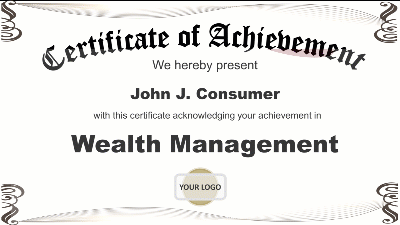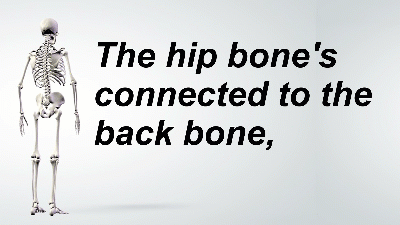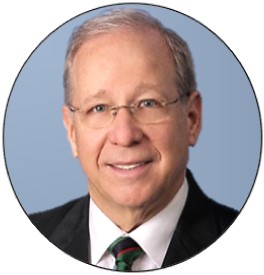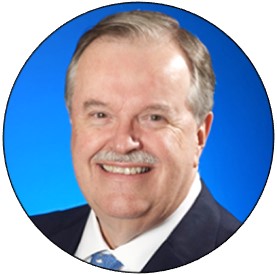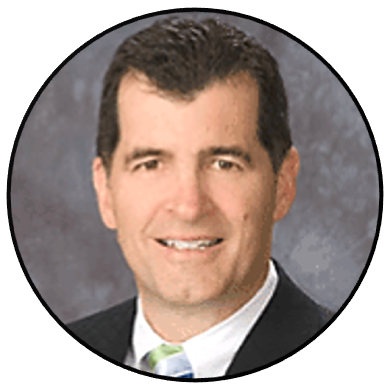I began my journalism career in 1953 at a morning newspaper in Birmingham, Ala., when I was 21, a senior in college. We worked without benefit of air-conditioning. Large rotary fans were placed around the newsroom to “keep us cool.” Mostly, however, the fans blew paper. We had to spike news copy on weighted spindles to prevent it from blowing across the room. Also, we used upright, manual typewriters to write articles and huge soft-carbon pencils to edit copy. High technology was a manually operated molten-lead typesetting machine that could produce 60 lines of lead type a minute.
Wow! What a strange scene compared to today’s digital newsrooms. Most young journalists today probably never have used a manual typewriter, much less suffered without air-conditioning in the workplace. And I’ll bet they never have seen one of the old soft-lead editing pencils.
Okay. You no doubt have figured out by now that I am an octogenarian. I just turned 82. And you may think that because I am so old that I do not take kindly to today’s high-technology, and figure I have difficulty using computers and the Internet.
Wrong, wet-behind-the-ears kids! I love ‘em, couldn’t do without ‘em, and have absolutely no desire to return to the “good” old days. They weren’t necessarily good, anyhow. I like today’s comforts and technologies.
I am writing this on my laptop computer and sending it through the Internet to Andy Gluck for posting online in A4A’s newsletter.
Oh, yeah. I have a Linksys router and wifi in my home. I love all this “new” stuff.
Research for news articles in the old days consisted of personal and phone interviews, going over public records, reading books in the library, and all sorts of time-consuming activity. Today, you literally can research the world right from your office or home – in minutes. It’s amazing when I compare today to yesterday!
I use my computer to check weather forecasts, read articles in newspapers and magazines, research history, send and receive email, and my wife — she’s a baby, only 68 — uses it to bank and pay bills. We also use it to solve crossword puzzles (that keeps our minds young) and to answer questions that may pop up.
Together, we agree we simply could not live without today’s digital technology. I was one of the first, if not the first, journalist to transmit articles electronically from St. Petersburg, Fla., to publishers in New York City. And my wife and I were at the leading edge of desktop publishing in the Tampa Bay area in the early and mid-1980s. In fact, Andy Gluck installed a modem card in one of our computers during that time. That was a “first” for us. It allowed us to transmit data electronically at a baud rate of 2,600 words a minute. That compared with our old baud rate of 300 a minute. I shuddered when I saw Andy take a screwdriver and “rip” open our computer. I thought computers were hallowed and not to be messed with. I was overjoyed with the result, however.
I used my computer to trade stocks during the dotcom boom of the 1990s. I used Raymond James first, then Quick and Riley. Trading at that time didn’t require any financial understanding or skill. All you had to do was find a startup .com company, buy its stock, and sell it soon. Bang, you made a profit; nothing to it; then, on to the next .com startup.
As we all know, this boom went bust, and trading went back to the old standards of profits and earnings, economic trends, financial savvy, etc.
I turned 70 in 2001 and decided to quit trading equities after the 9/11 tragedy and ensuing stock market crash.
My tolerance for risk also disappeared as I grew older. I had built a nest-egg for retirement, had become debt-free, and didn’t want to assume risk any more.
I strongly urge young people to avoid credit-card debt, to save all that they can, to work as long as they can, and to find a financial advisor to protect and grow their assets. Now!
Bob McGinty is an award-winning newspaper editor. At 82, he came out of retirement to write on A4A about writing, aging, and important life-lessons for advisors. In 1981, he taught Andy Gluck to keep all leads to 12 words or less.
Related story
This Website Is For Financial Professionals Only



